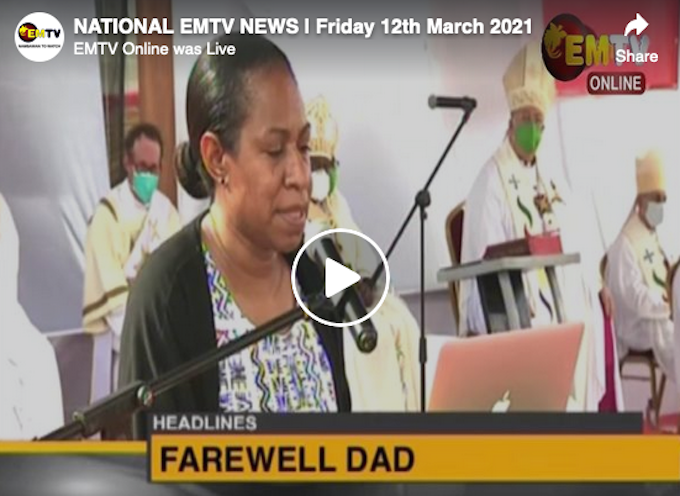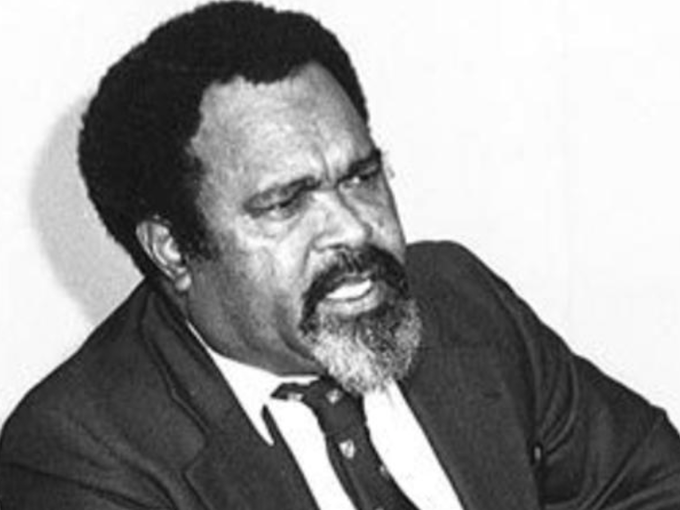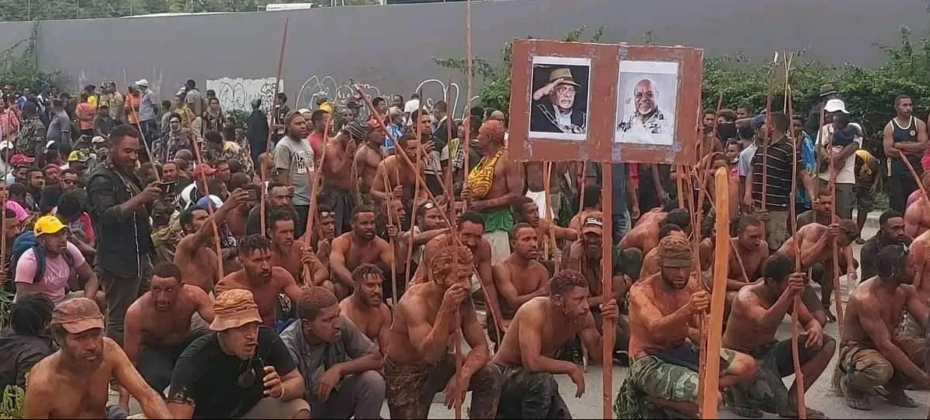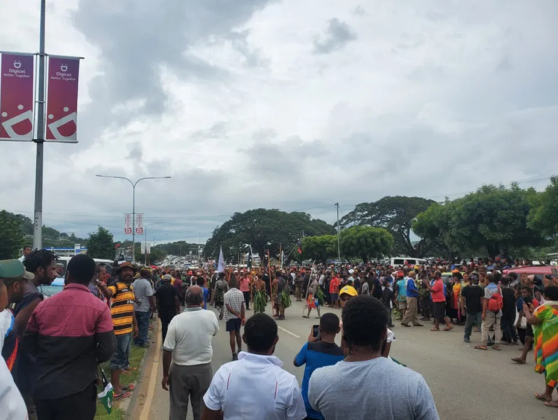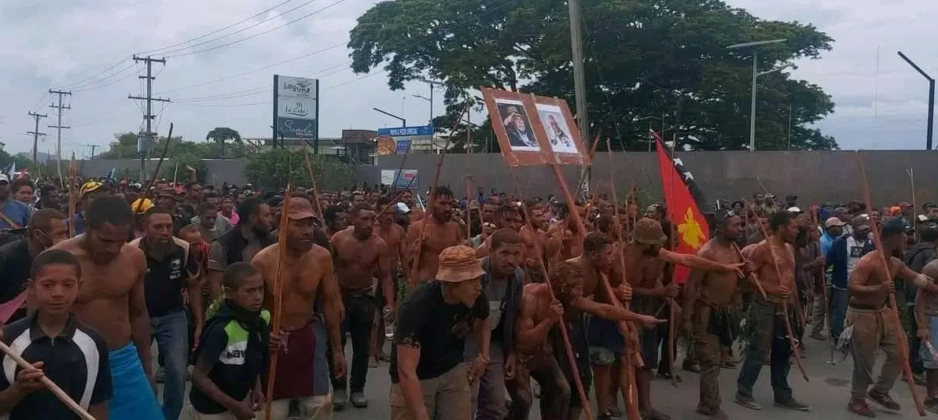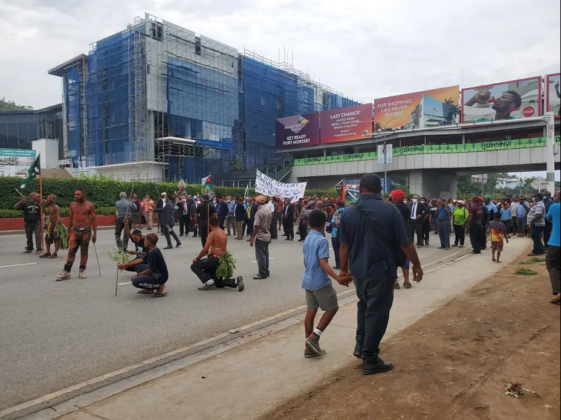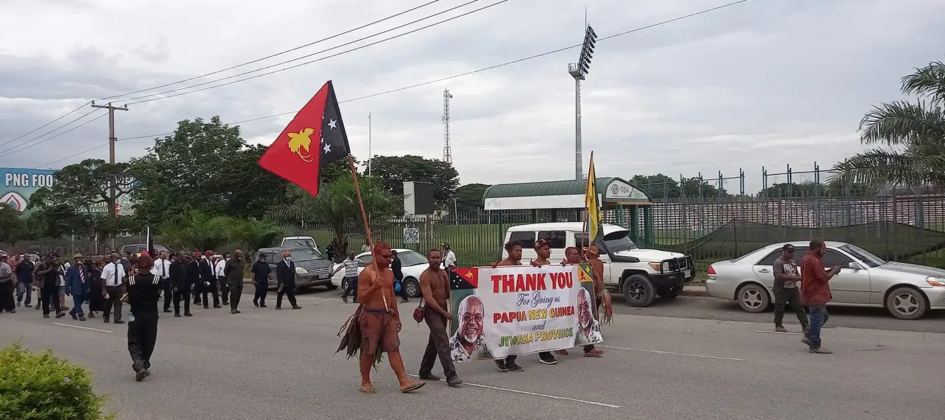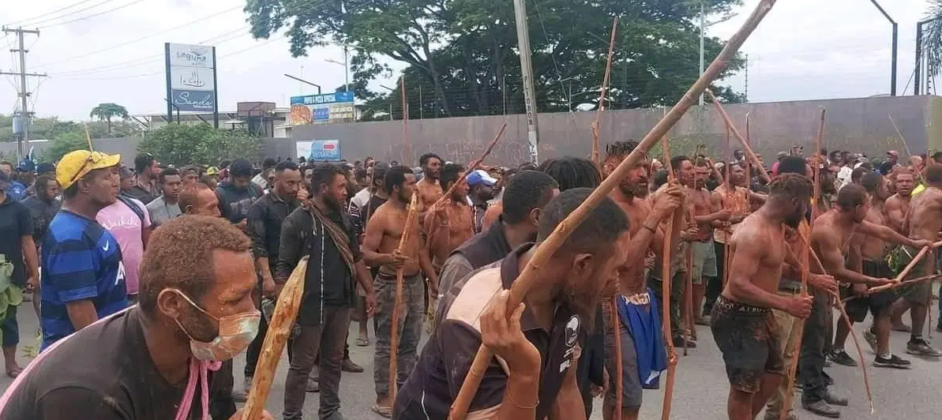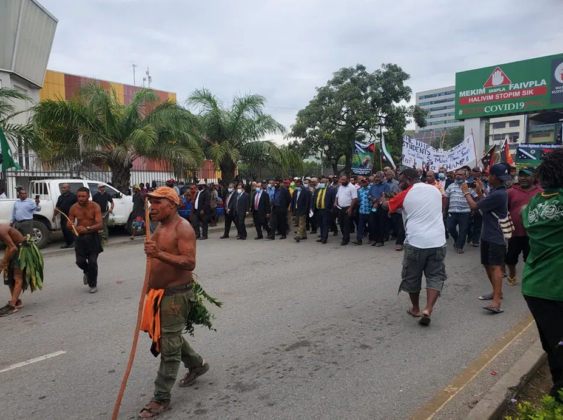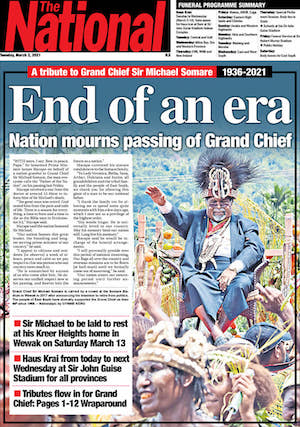Ralph and the team invite cofounder of RootsAction, Norman Solomon, to autopsy the carcass of the Democratic Party after Donald Trump’s decisive defeat of Kamala Harris in the presidential election. They dissect what happened on November 5th and report what needs to be done about it.
Norman Solomon is co-founder of RootsAction.org and executive director of the Institute for Public Accuracy. He is the author of War Made Easy, Made Love, Got War, and his newest book, War Made Invisible: How America Hides the Human Toll of Its Military Machine.
The Democrats couldn’t even get their base vote out that they got out in 2020. And what are they looking at? Are they looking at themselves in the mirror for introspection? Are they cleaning house? Do they have any plan whatsoever— other than collect more and more money from corporate PACS? This is a spectacular decline.
Ralph Nader
We kept being told that party loyalty über alles, we had to stay in line with Biden. And…that lost precious months, even a year or a year and a half, when there could have been a sorting out in vigorous primaries. We were told that, “Oh, it would be terrible to have an inside-the-party primary system.” Well, in 2020, there were 17 candidates, so there wasn’t space on one stage on one night to hold them all—the debates would have to be in half. Well, it didn’t really debilitate the party. Debate is a good thing. But what happened was this party loyalty, this obsequious kissing-the-presidential-feet dynamic allowed Biden to amble along until it became incontrovertible that he wasn’t capable.
Norman Solomon
A lot of people on that committee—and of course, running the DNC—they and their pals had this pass-through of literally millions of dollars of consultant fees. Win, lose, or draw. It’s like General Dynamics and Northrop Grumman, they never lose a war. And so, these corporate donors, they never lose a presidential race. They didn’t lose what happened with Harris and Trump. They cashed in, they made out like the corporate bandits that they are.
Norman Solomon
One reality as an activist that I’ve come to the conclusion on in the last couple of decades is that progressives tend to be way too nice to Democrats in Congress, especially those that they consider to be allies. Because they like what some of the Democrats do…and so they give too many benefits of the doubt. It’s like grading them on a curve. We can’t afford to grade them on a curve.
Norman Solomon
In Case You Haven’t Heard with Francesco DeSantisNews 11/6/24
1. As of now, Donald Trump is projected to win the 2024 presidential election by a greater margin than 2016. In addition to winning back Pennsylvania, Michigan, Wisconsin, Georgia and Arizona, Trump also appears to have flipped Nevada – which went for both Joe Biden and Hillary Clinton. Most shocking of all, Trump has won the national popular vote, something he failed to do in 2016 and 2020 and which no Republican has done in 20 years. Democrats also faced a bloodbath in the Senate elections, with Republicans on track to win a 54 seat majority in the upper chamber.
2. Bucking tremendous party pressure, Representative Rashida Tlaib declined to endorse Kamala Harris at a United Autoworkers rally in Michigan just days before the election, POLITICO reports. Tlaib urged attendees to turn out but “kept her speech focused on down-ballot races.” Tlaib is the only member of “the Squad” to withhold her support for Harris and the only Palestinian member of Congress. She has been a staunch critic of the Biden Administration’s blind support for Israel’s campaign of genocide in Palestine and voted Uncommitted in the Michigan Democratic primary.
3. Along similar lines, the Uncommitted Movement issued a fiery statement on the eve of the election. According to the group, “Middle East Eye ran a story…[which] contains unfounded and absurd claims, suggesting that Uncommitted made a secret agreement with the Democratic Party to not endorse a third-party candidate.” The statement goes on to say that “this baseless story…is misguided at best and a dishonest malicious attack at worst.” Uncommitted maintains that “leaders and delegates are voting in different ways, yet remain untied in their mission to stop the endless flow of American weapons fueling Israel’s militarism.” In September, Uncommitted publicly stated that they would not endorse Kamala Harris, citing her continued support for the Biden Administration policy toward Israel, but urged supporters to vote against Donald Trump.
4. Progressive International reports that over 50 sovereign nations have called for an immediate arms embargo on Israel, calling it “a legal, humanitarian and moral imperative to put an end to grave human suffering.” This letter cites the “staggering toll of civilian casualties, the majority of them children and women, due to ongoing breaches of international law by Israel, the occupying Power,” and warns of “regional destabilization that risks the outbreak of an all-out war in the region.” Signatories on this letter include Turkey, Egypt, Jordan, Norway, Mexico, South Africa, Brazil, Cuba, Bolivia, and China among many others.
5. Representatives Rashida Tlaib and Cori Bush have sent a letter to President Biden accusing him of illegally involving the American armed forces in Israel’s war without proper Congressional authorization. Per the accompanying statement, “The Biden administration has deepened U.S. involvement in the Israeli government’s devastating regional war through comprehensive intelligence sharing and operational coordination, and now even the direct deployment of U.S. servicemembers to Israel. Not only do these actions encourage further escalation and violence, but they are unauthorized by Congress, in violation of Article I of the Constitution and the War Powers Resolution of 1973.” The letter concludes “The Executive Branch cannot continue to ignore the law…In the absence of an immediate ceasefire and end of hostilities, Congress retains the right and ability to exercise its Constitutional authority to direct the removal of any and all unauthorized Armed Forces from the region pursuant to Section 5(c) of the War Powers Resolution.” This letter was endorsed by an array of groups ranging from the Quincy Institute to Jewish Voice for Peace to the Presbyterian and Methodist Churches, and signed by other pro-Palestine members of Congress including Ilhan Omar, Summer Lee, and André Carson – though notably not AOC.
6. In a story that touches on both the election and labor issues, the New York Times Tech Guild voted to go on strike Monday morning. The Times Tech Guild, which represents “workers like software developers and data analysts,” at the Times negotiated until late Sunday night, particularly regarding “whether the workers could get a ‘just cause’ provision in their contract…pay increases and pay equity; and return-to-office policies,” per the New York Times. The Guardian reports “The Tech Guild’s roughly 600 members are in charge of operating the back-end systems that power the paper’s…[coverage of] the presidential election between Kamala Harris and Donald Trump – but also the hundreds of House and dozens of Senate races across the US that will determine who will secure control of Washington in 2025.” Kathy Zhang, the guild’s unit chair, said in a statement “[The Times] have left us no choice but to demonstrate the power of our labor on the picket line…we stand ready to bargain and get this contract across the finish line.”
7. In more labor news, AP reports the striking Boeing machinists have “voted to accept a contract offer and end their strike after more than seven weeks, clearing the way for the aerospace giant to resume production.” The deal reportedly includes “a 38% wage increase over four years, [as well as] ratification and productivity bonuses.” That said, Boeing apparently “refused to meet strikers’ demand to restore a company pension plan that was frozen nearly a decade ago.” According to a Bank of America analysis, Boeing was losing approximately $50 million per day during the strike, a startling number by any measure. The union’s District 751 President Jon Holden told members “You stood strong and you stood tall and you won,” yet calibration specialist Eep Bolaño said the outcome was “most certainly not a victory…We were threatened by a company that was crippled, dying, bleeding on the ground, and us as one of the biggest unions in the country couldn’t even extract two-thirds of our demands from them. This is humiliating.”
8. Huffington Post Labor Reporter Dave Jamieson reports “The [National Labor Relations Board] has filed a complaint against Grindr alleging the dating app used a new return-to-office policy to fire dozens of workers who were organizing.” He further reports that NLRB General Counsel Jennifer Abruzzo is seeking a “Cemex order” which would “force the company to bargain with the [Communications Workers of America].” In a statement, CWA wrote “We hope this NLRB filing sends a clear message to Grindr that…we are committed to negotiating fair working conditions in good faith. As we continue to build and expand worker power at Grindr, this win…is a positive step toward ensuring that Grindr remains a safe, inclusive, and thriving place for users and workers alike.”
9. In further positive news from federal regulators, NBC’s Today reports “On Oct. 25, the United States Copyright Office granted a copyright exemption that gives restaurants like McDonald’s the “right to repair” broken machines by circumventing digital locks that prevent them from being fixed by anyone other than its manufacturer.” As this piece explains, all of McDonald’s ice cream machines – which have become a punchline for how frequently they are out of service – are owned and operated by the Taylor Company since 1956. Moreover “The…company holds a copyright on its machines…[meaning] if one broke, only [Taylor Company] repair people were legally allowed to fix it…due to the Digital Millennium Copyright Act…a 1998 law that criminalizes making or using technology, devices or services that circumvent the control access of copyrighted works.” This move from the Copyright Office reflects a larger pattern of regulators recognizing the issues with giving companies like Taylor monopolistic free reign over sectors of the economy and blocking consumers – in this case fast food franchisees – from repairing machines themselves. With backing from public interest groups like U.S. PIRG, the Right to Repair movement continues to pick up steam. We hope Congress will realize that this is a political slam dunk.
10. Finally, in an astounding story of vindication, Michael and Robert Meeropol – sons of Ethel Rosenberg, who was convicted of and executed for passing secrets to the Soviet Union – claim that long-sought records have definitively cleared their mother’s name. Per Bloomberg, “A few months ago, the National Security Agency sent the Meeropols a box of records the spy agency declassified…Inside was a seven-page handwritten memo…The relevant passage…is just eight words: ‘she did not engage in the work herself.’” Put simply, Rosenberg was wrongfully convicted and put to death for a crime she did not commit. The article paints the picture of the men uncovering this key piece of evidence. “After he read it, Robert said his eyes welled up. “Michael and I looked at it and our reaction was, ‘We did it.’”
This has been Francesco DeSantis, with In Case You Haven’t Heard.
Get full access to Ralph Nader Radio Hour at
www.ralphnaderradiohour.com/subscribe
This content originally appeared on Ralph Nader Radio Hour and was authored by Ralph Nader.
This post was originally published on Radio Free.
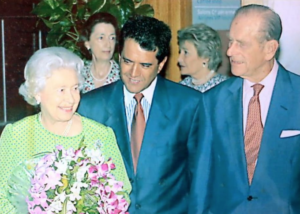
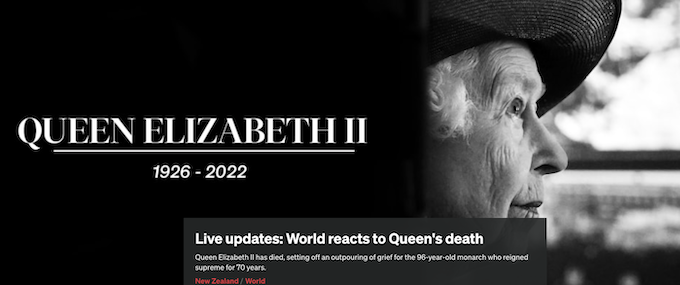
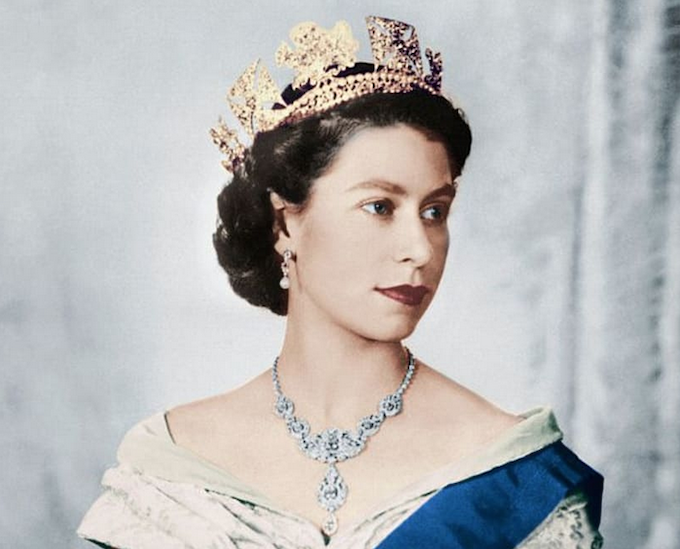
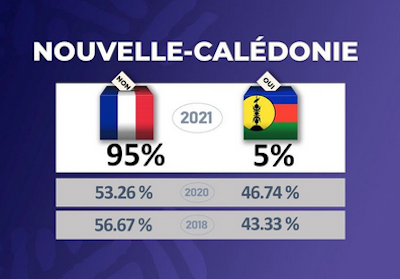
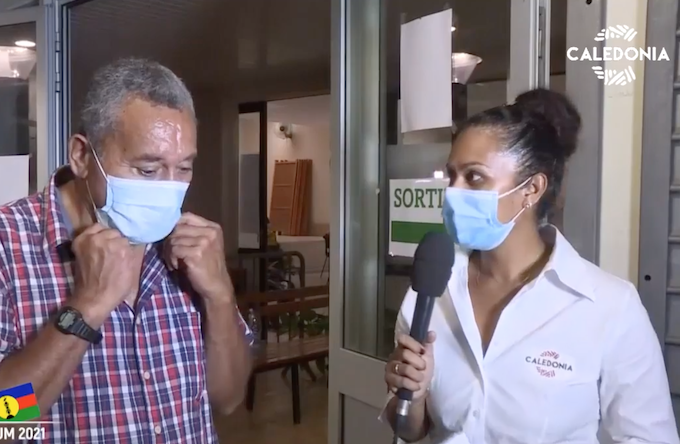
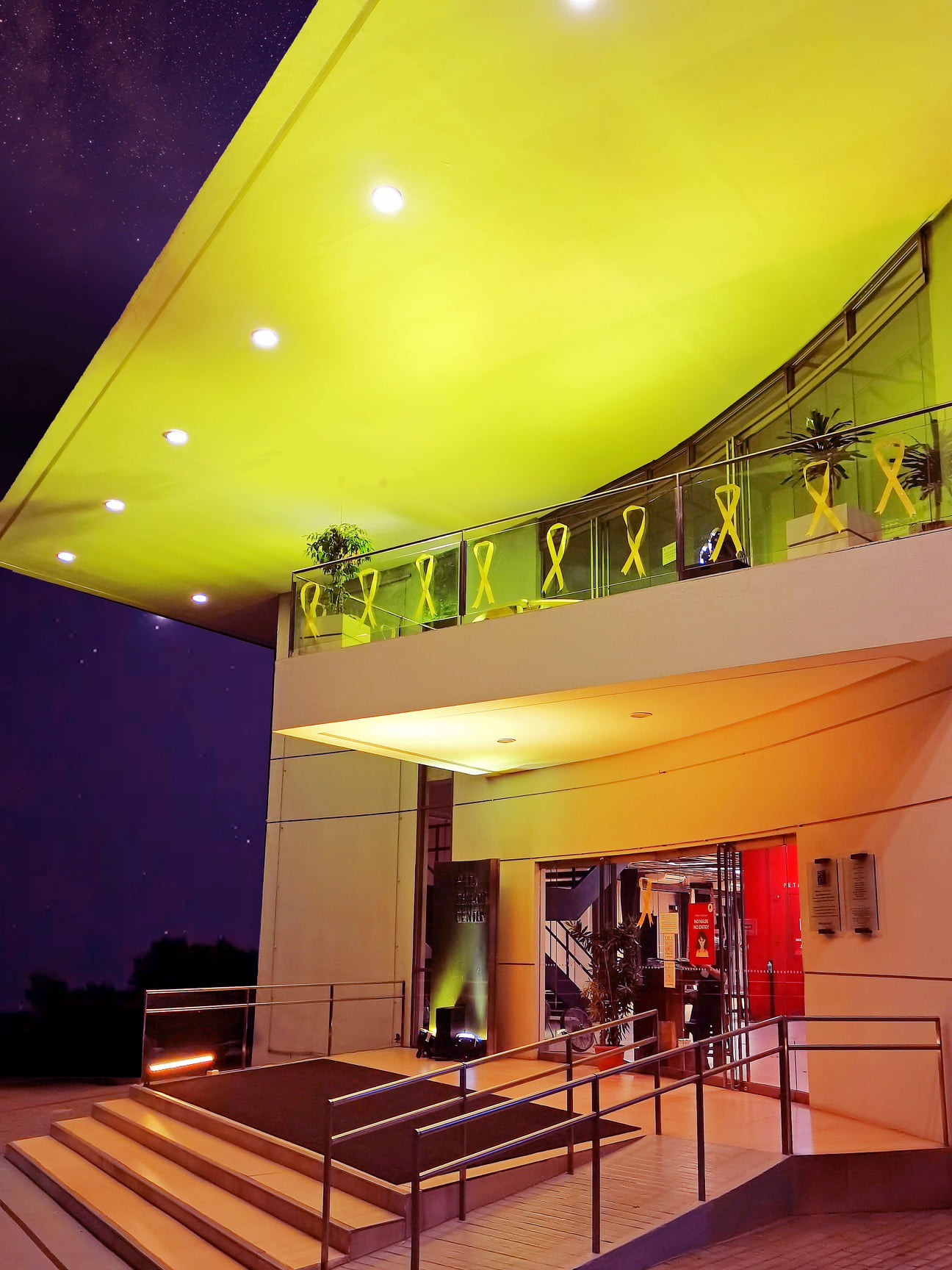
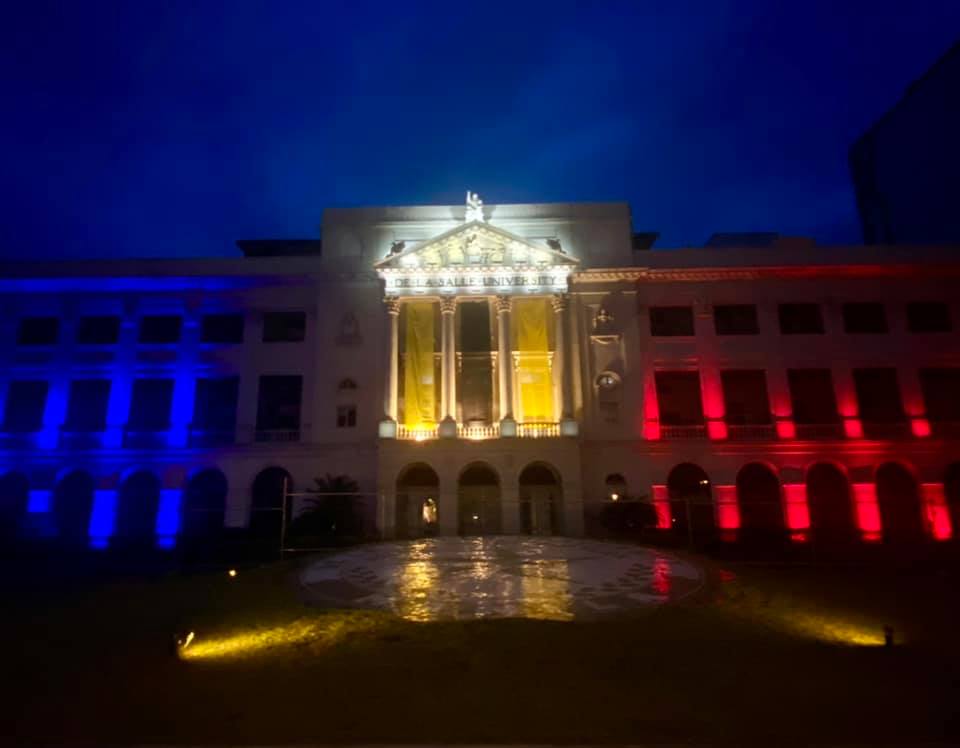
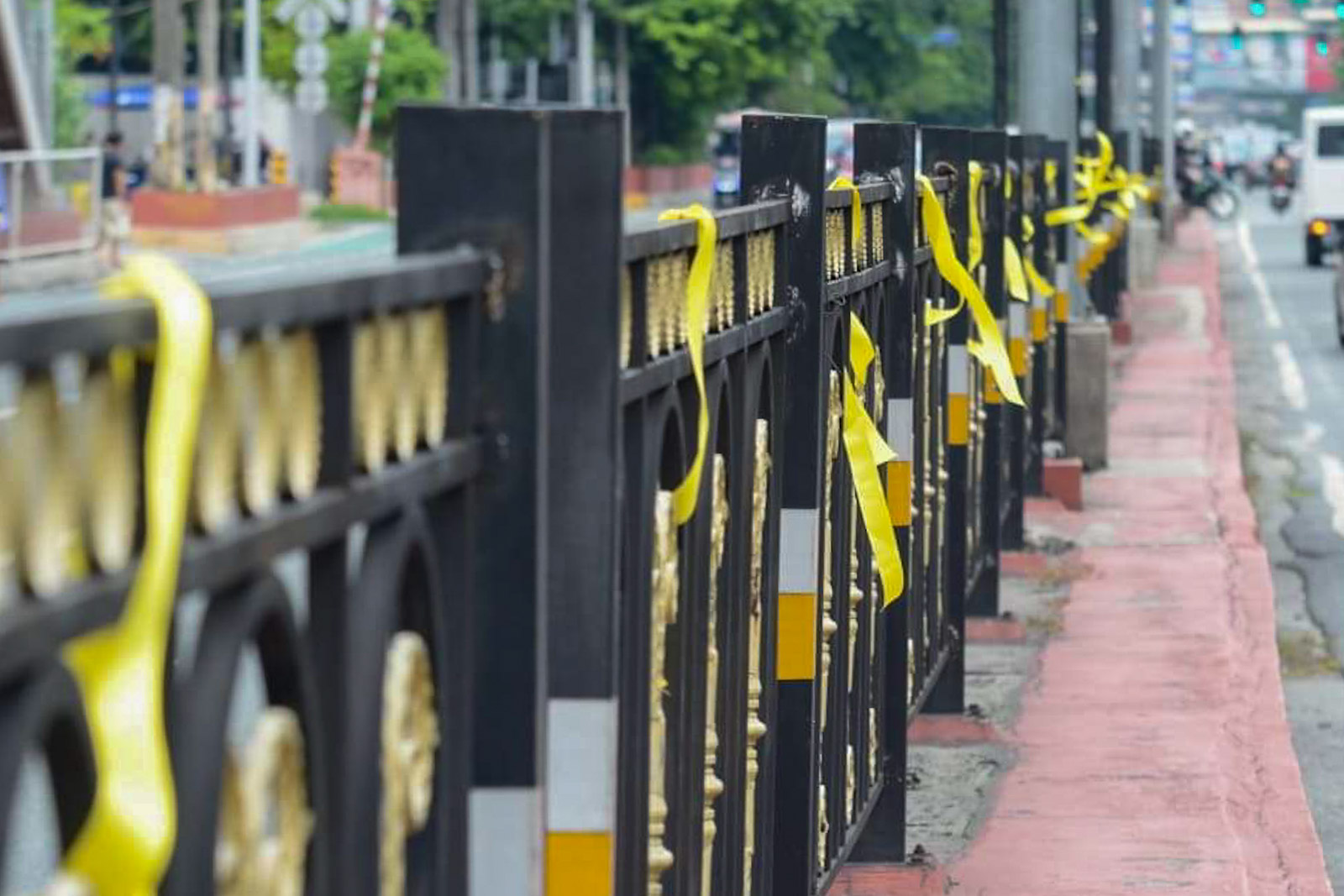
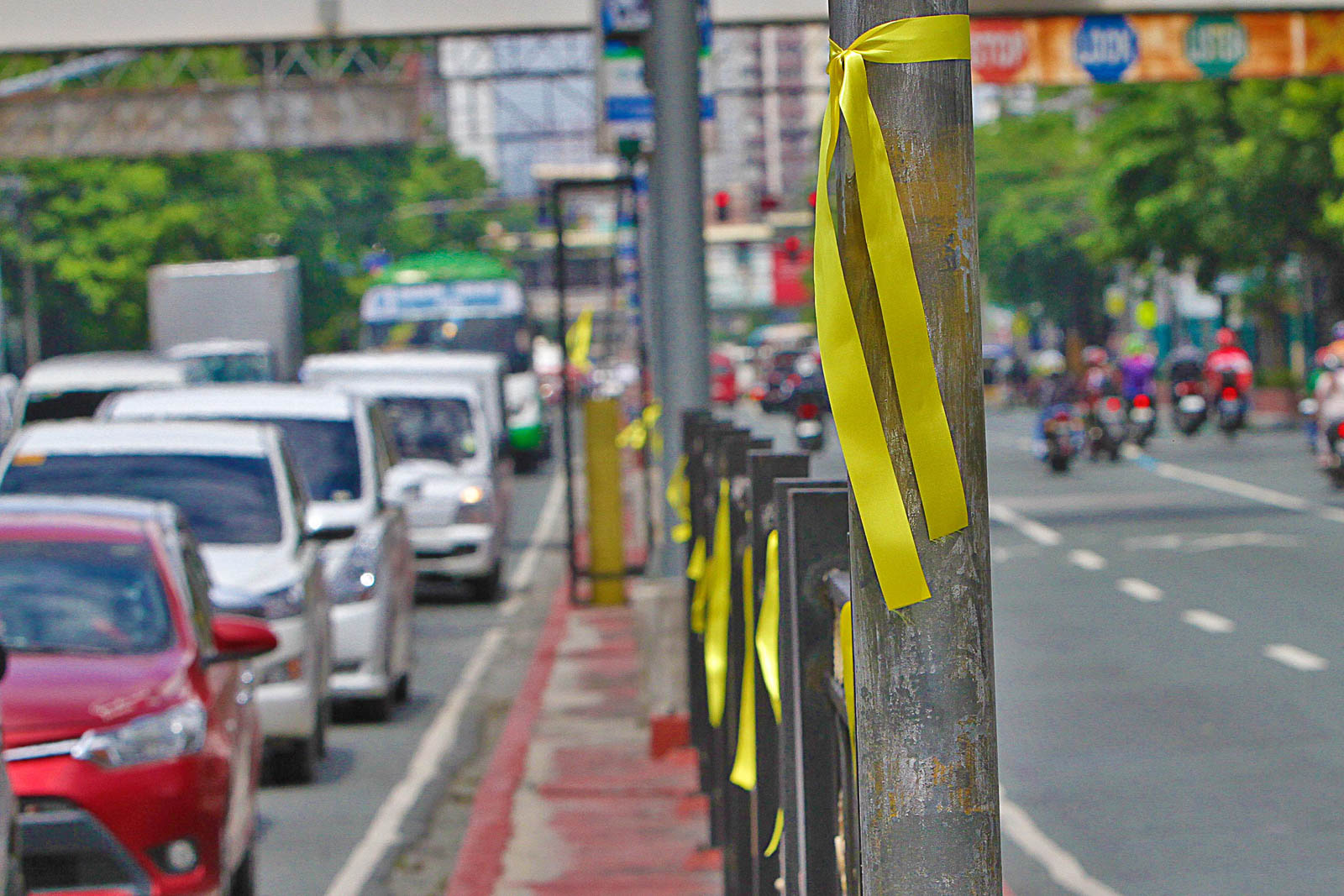
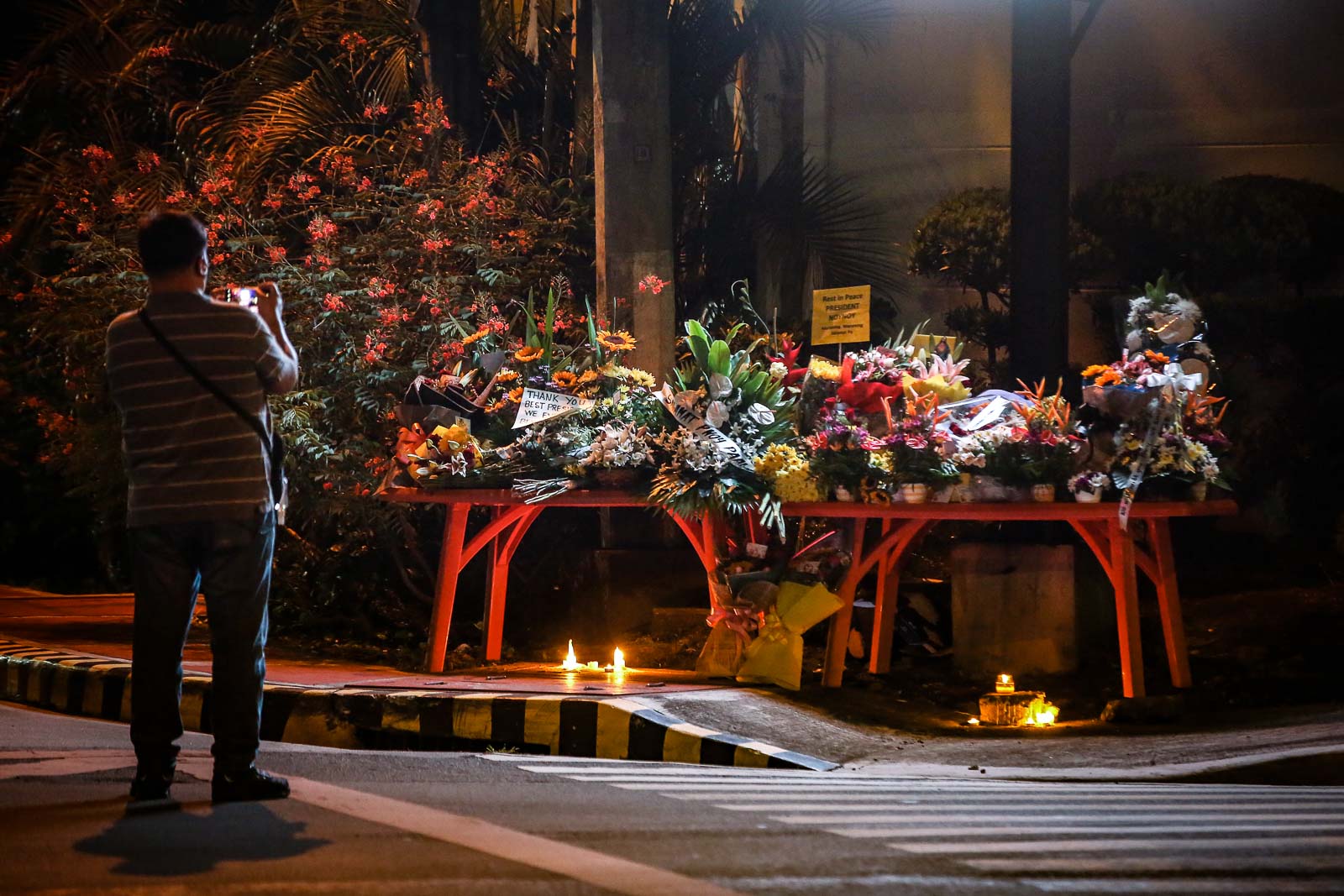
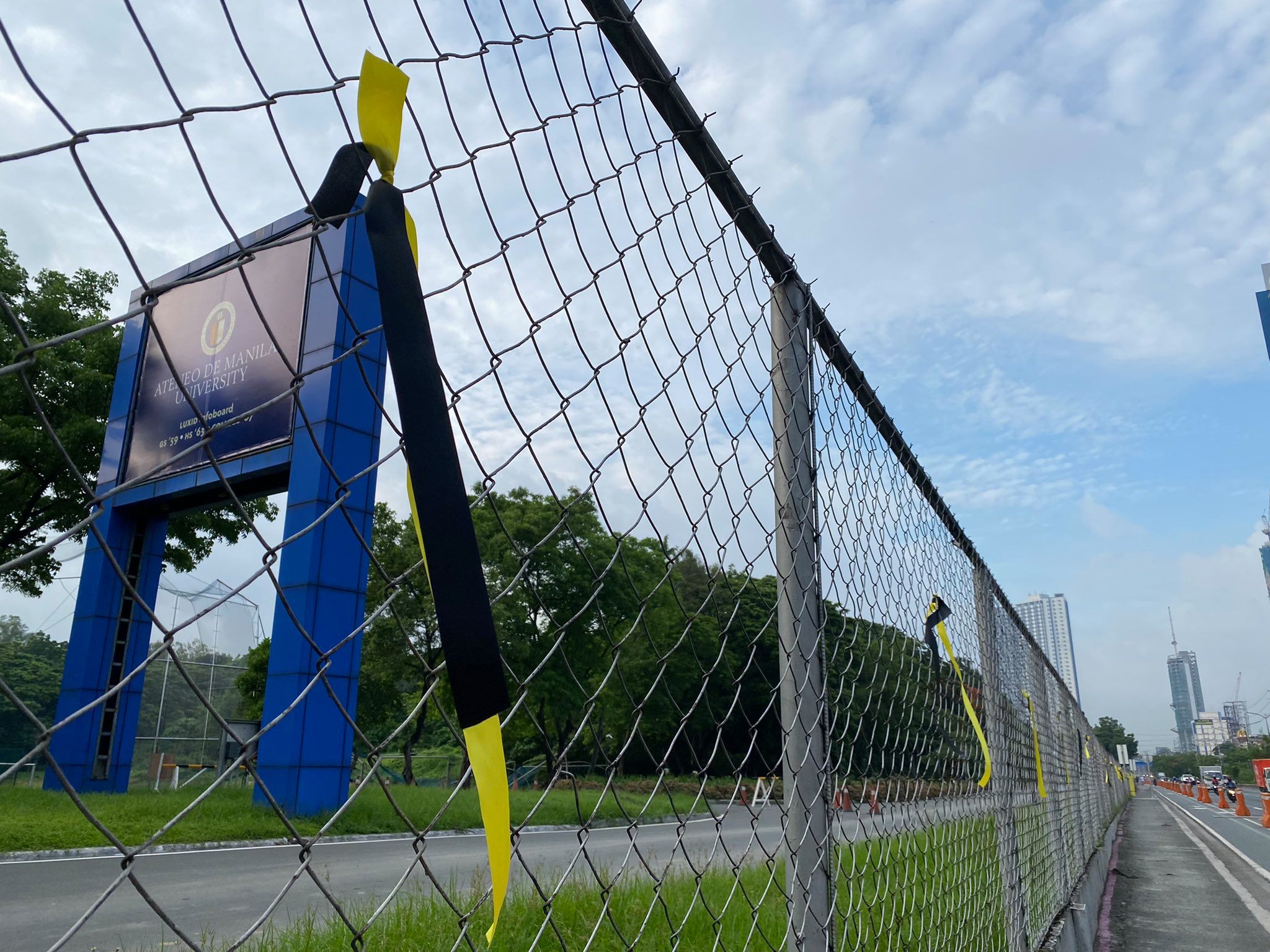
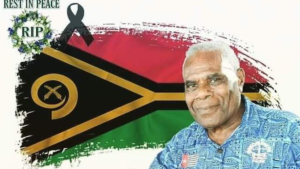
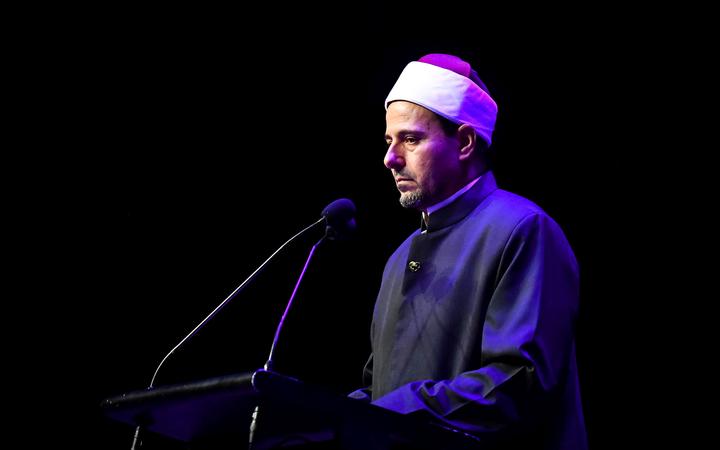 Gamal Fouda at the national remembrance service on Saturday. Image: Mark Tantrum/RNZ
Gamal Fouda at the national remembrance service on Saturday. Image: Mark Tantrum/RNZ
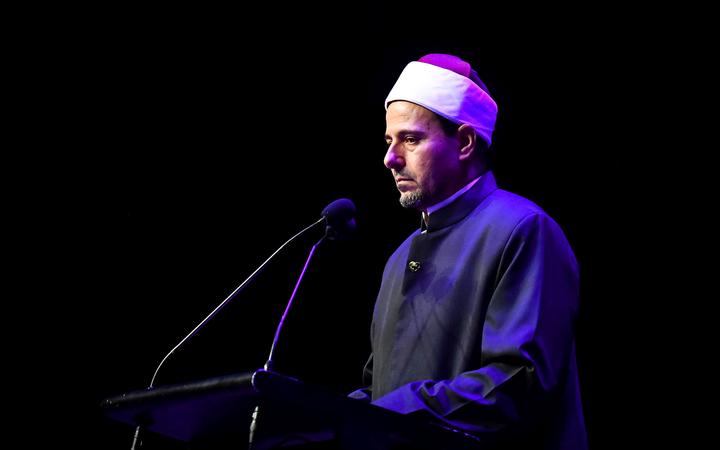
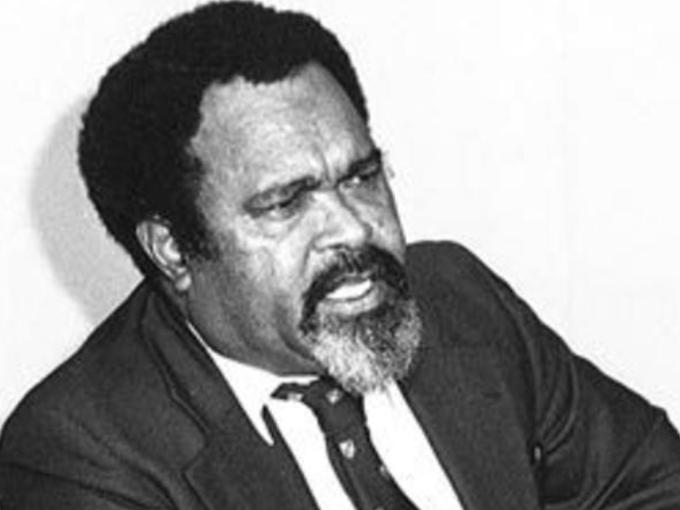 Sir Michael Somare … he became Papua New Guinea’s founding prime minister in 1975. Image: RNZ
Sir Michael Somare … he became Papua New Guinea’s founding prime minister in 1975. Image: RNZ